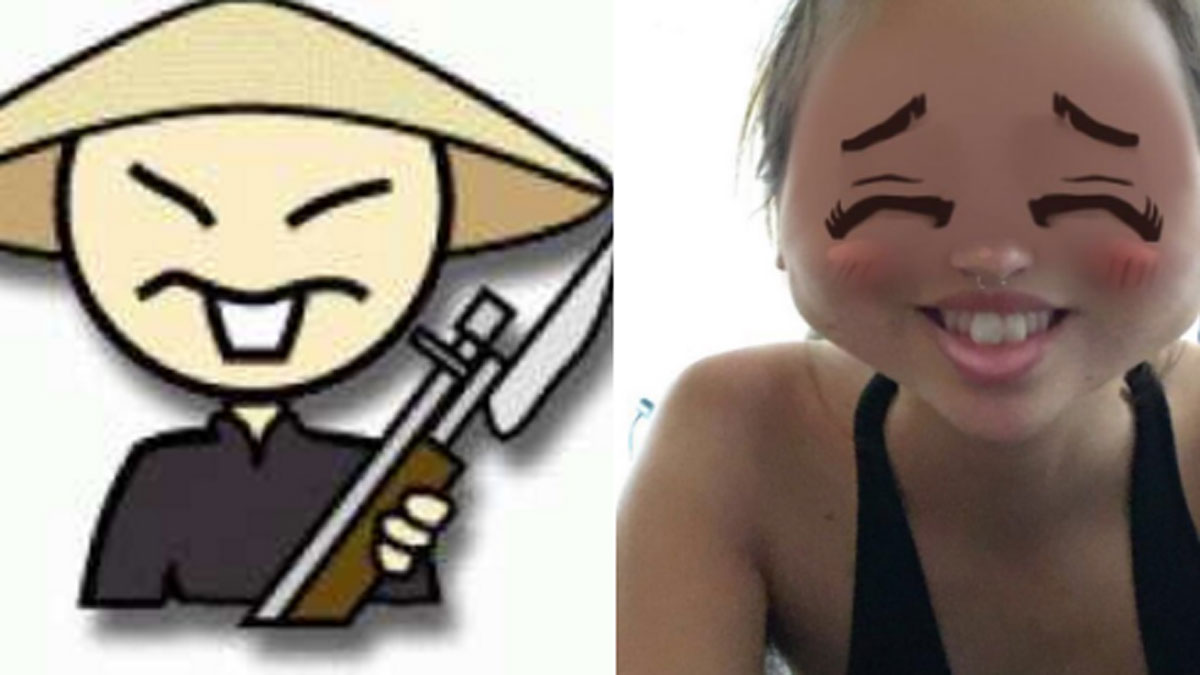Snapchat removes 'yellowface' filter after racism backlash
Image-sharing app removes filter that turned selfies into Asian caricatures, with slanted eyes and buck teeth

A free daily email with the biggest news stories of the day – and the best features from TheWeek.com
You are now subscribed
Your newsletter sign-up was successful
Snapchat is once again facing accusations of racism after releasing a new filter critics say is tantamount to "yellowface".
The lens is a caricature of an Asian person and gives users slanted eyes, rosy cheeks and buck teeth.
The filter serves "no discernible purpose", all it does is normalise racial prejudice, says Wired. "And the fact that the company targeted Asians is particularly tone-deaf, given the growing discussion in America about the insidiousness of Asian racism in mainstream media."
The Week
Escape your echo chamber. Get the facts behind the news, plus analysis from multiple perspectives.

Sign up for The Week's Free Newsletters
From our morning news briefing to a weekly Good News Newsletter, get the best of The Week delivered directly to your inbox.
From our morning news briefing to a weekly Good News Newsletter, get the best of The Week delivered directly to your inbox.
There has long been anger at Asian roles being played by white actors in films, the most recent example is Matt Damon in the upcoming film The Great Wall.
This is not the first time the image-sharing app has come under fire for its filters. Earlier this year, it was widely rebuked for a "blackface" filter inspired by Bob Marley which digitally darkened a user's skin tone.
Snapchat insisted it created the lens with the Bob Marley Estate as a way of honouring the musician's legacy and did not apologise for the filter.
"Snapchat just doesn't know how to learn from its mistakes," says Digital Trends. "This may be one of the most overt instances to date," it adds.
A free daily email with the biggest news stories of the day – and the best features from TheWeek.com
The company told The Verge that its new filter, which has been removed, had been inspired by Japanese anime and was meant to be playful.
"What Snapchat did, unwittingly or not, by releasing this yellowface filter is join a chorus of voices that have made racism against Asians in particular seem acceptable," Wired says.
"Snapchat is not alone in this. But it wields specific influence with the most impressionable members of our society: young people, who count the app as among their most used."